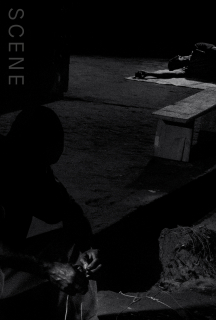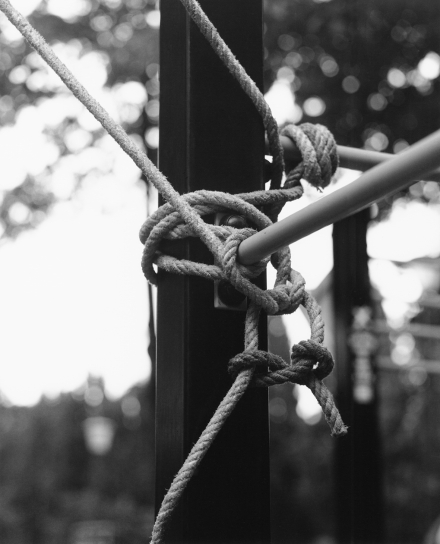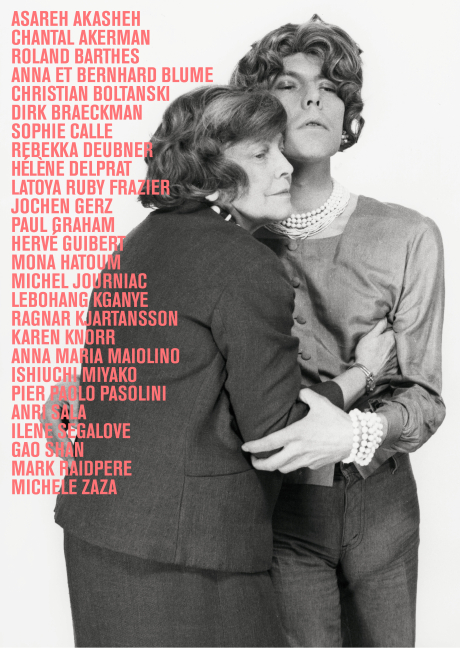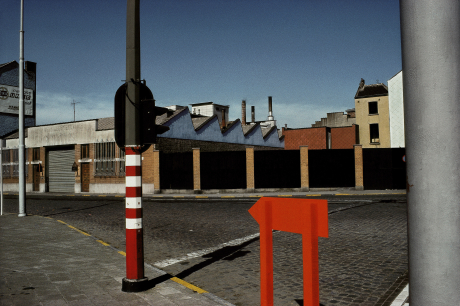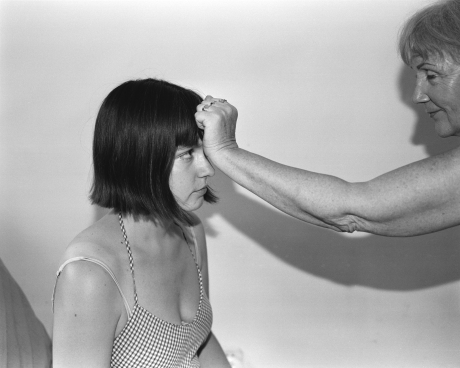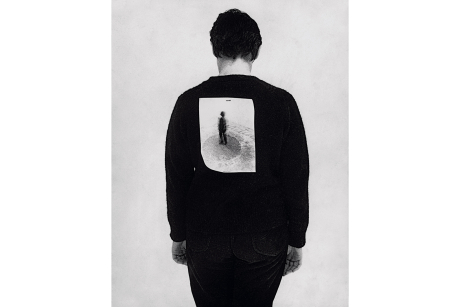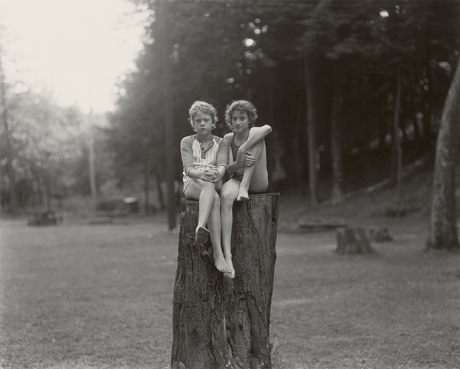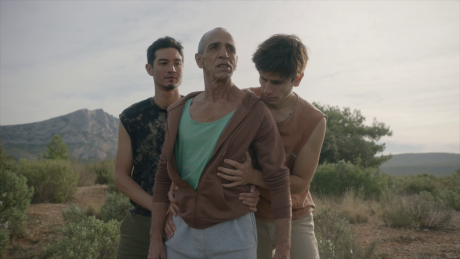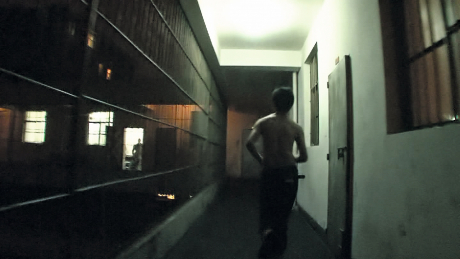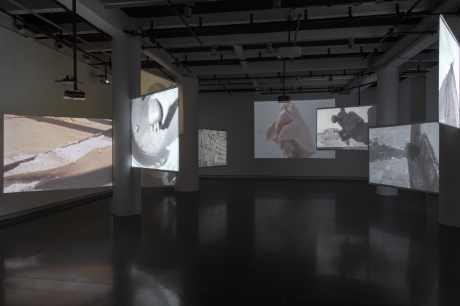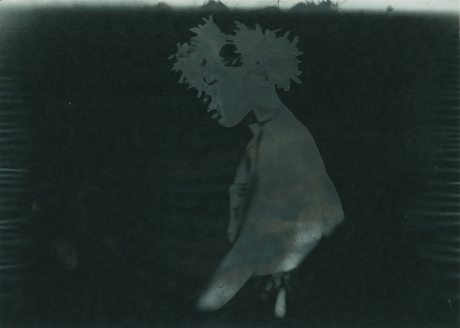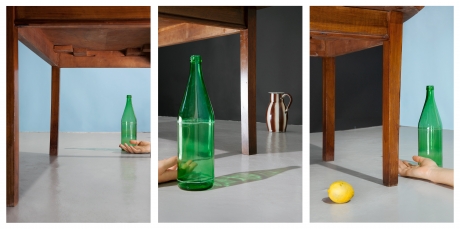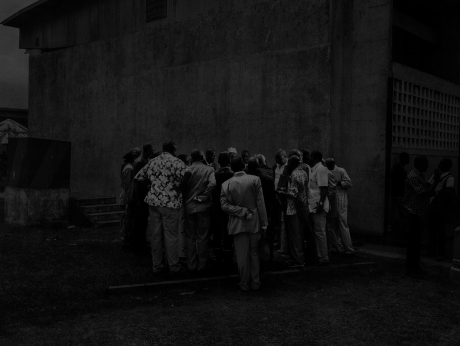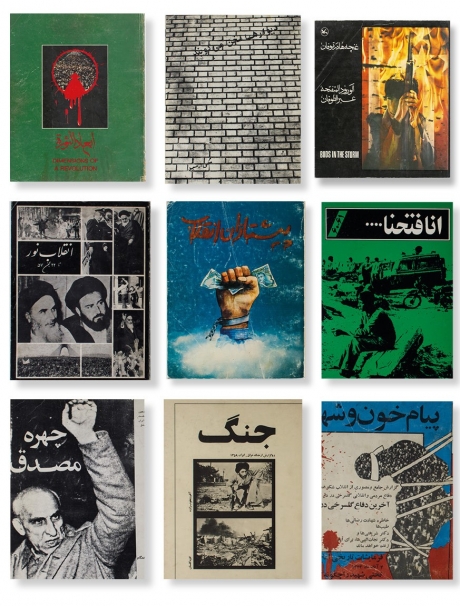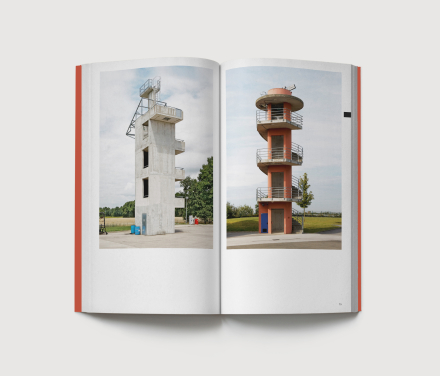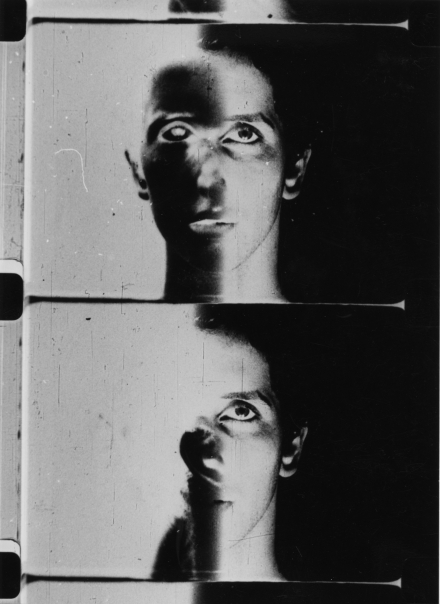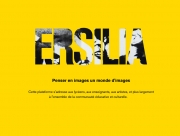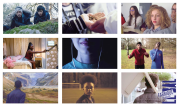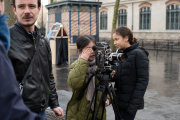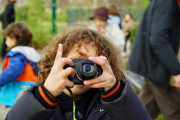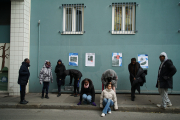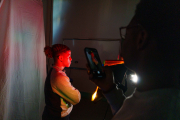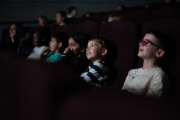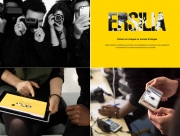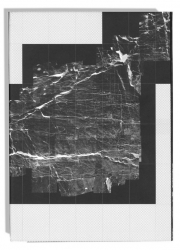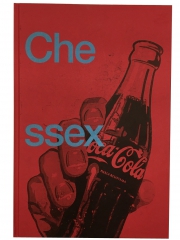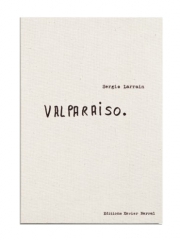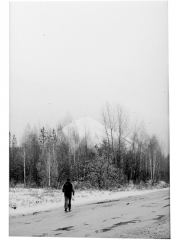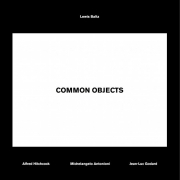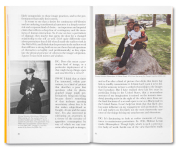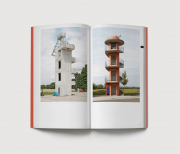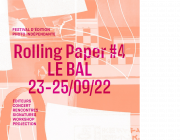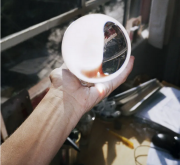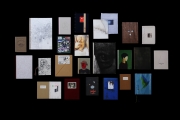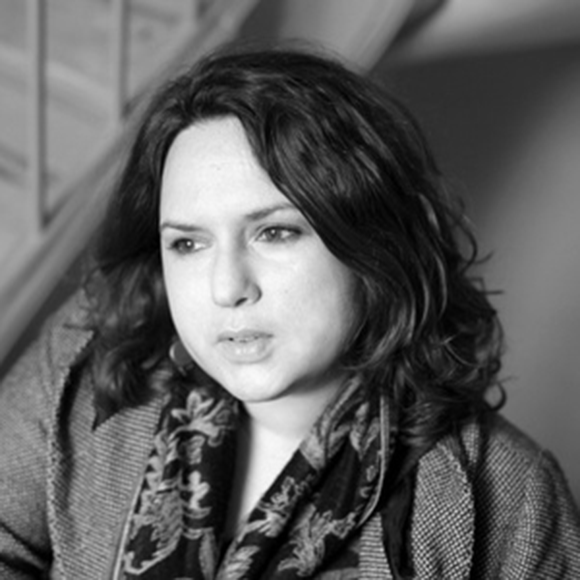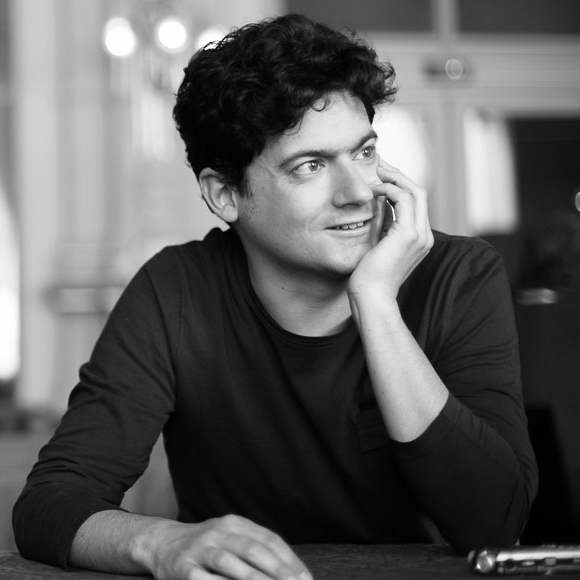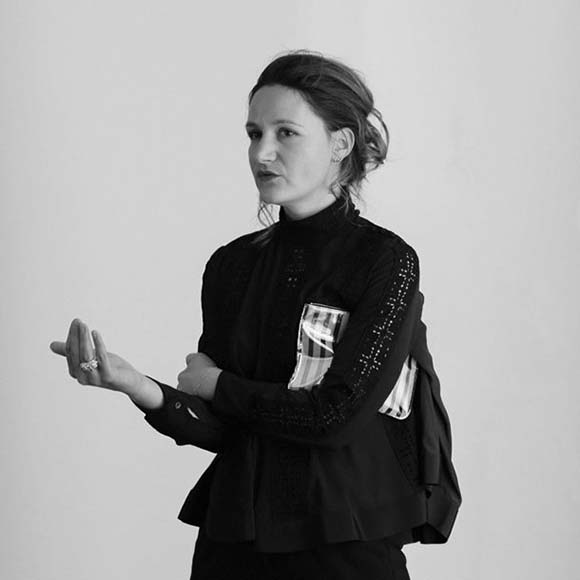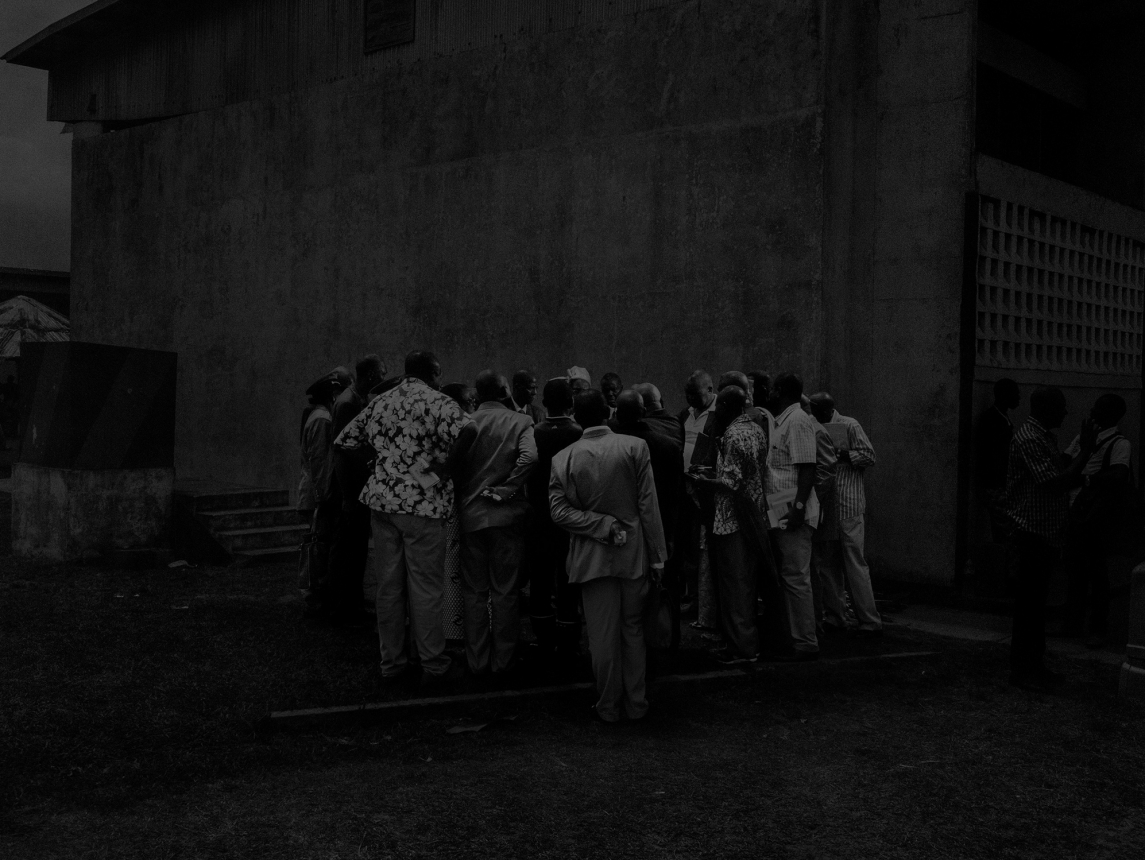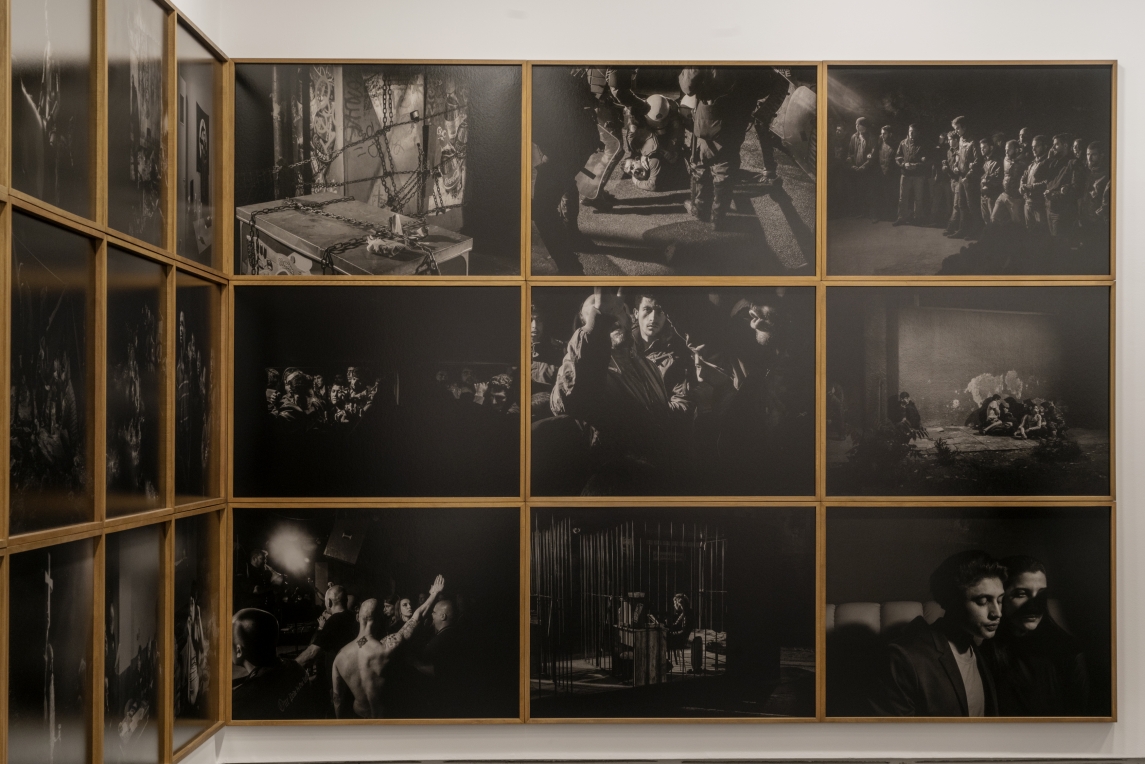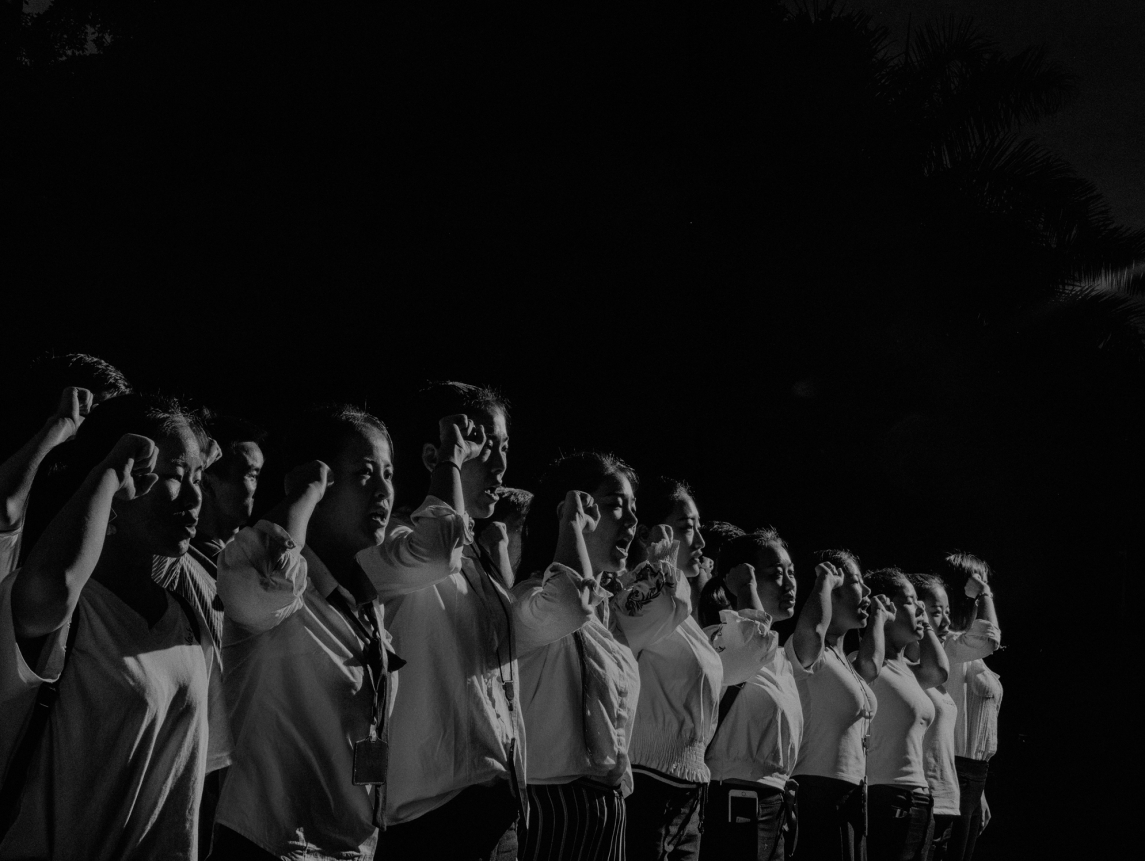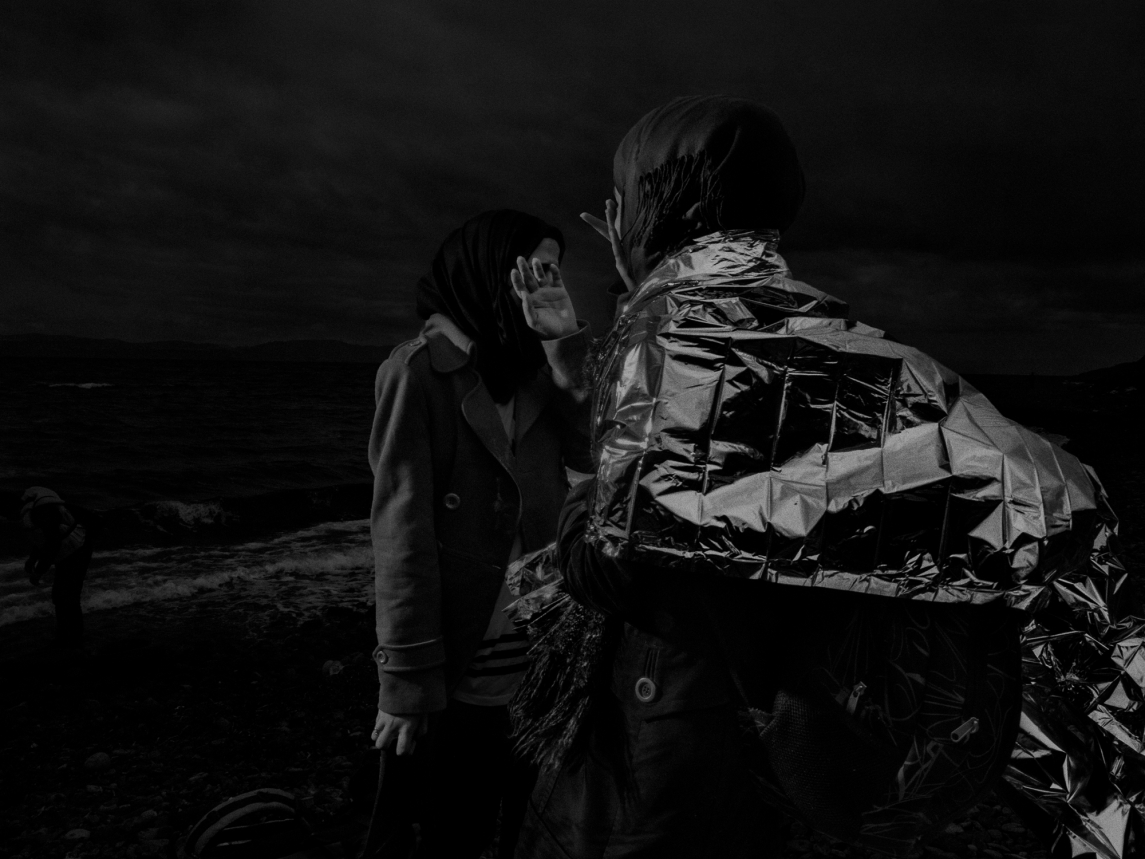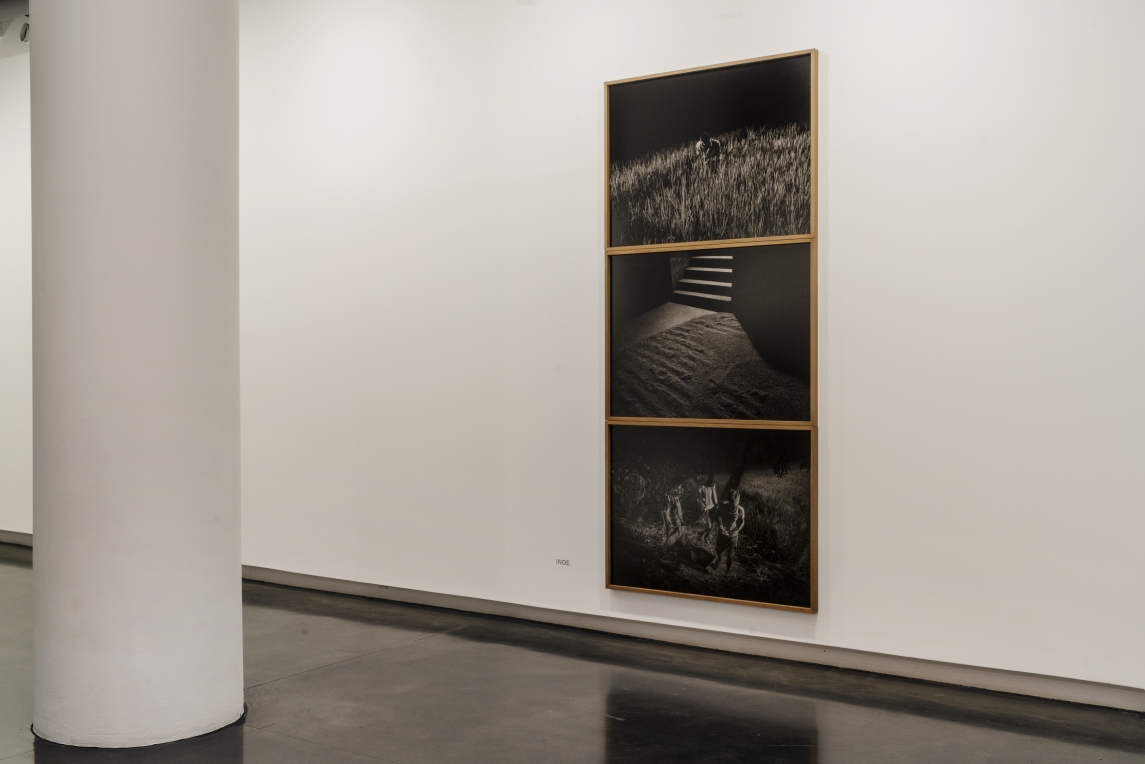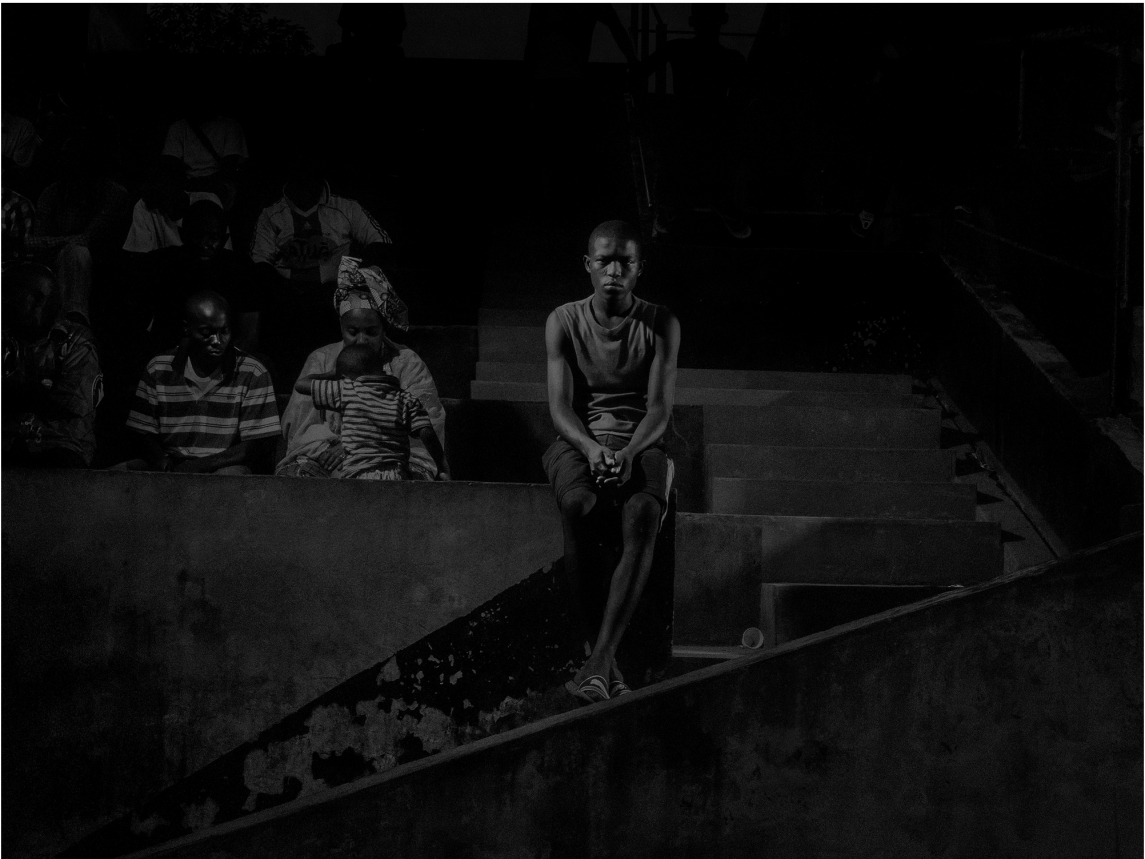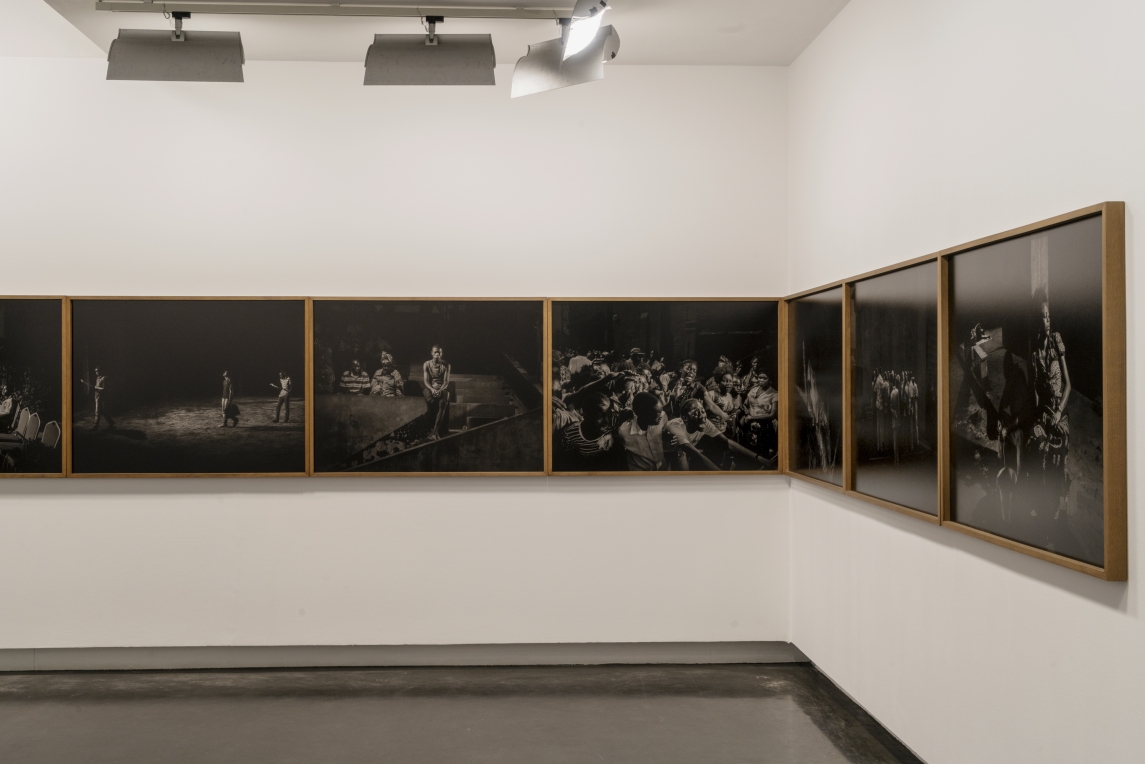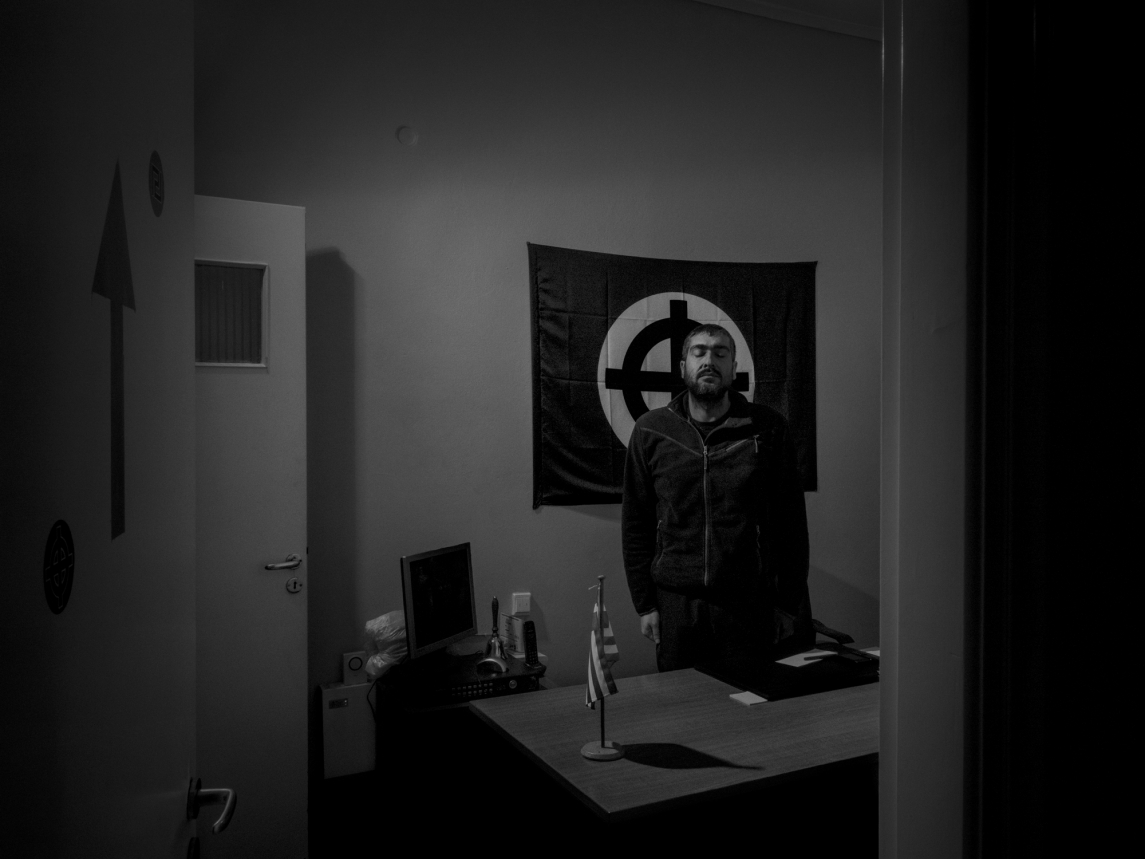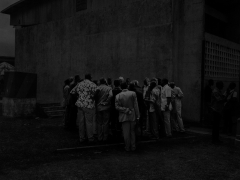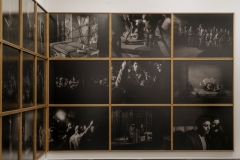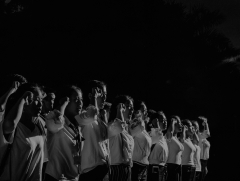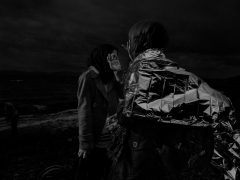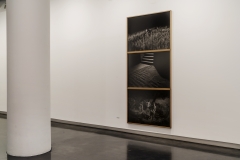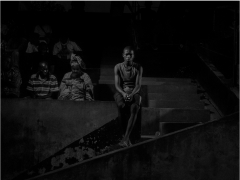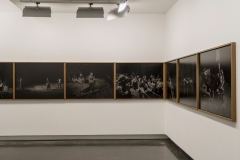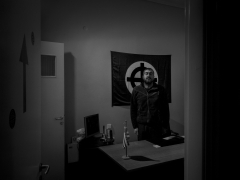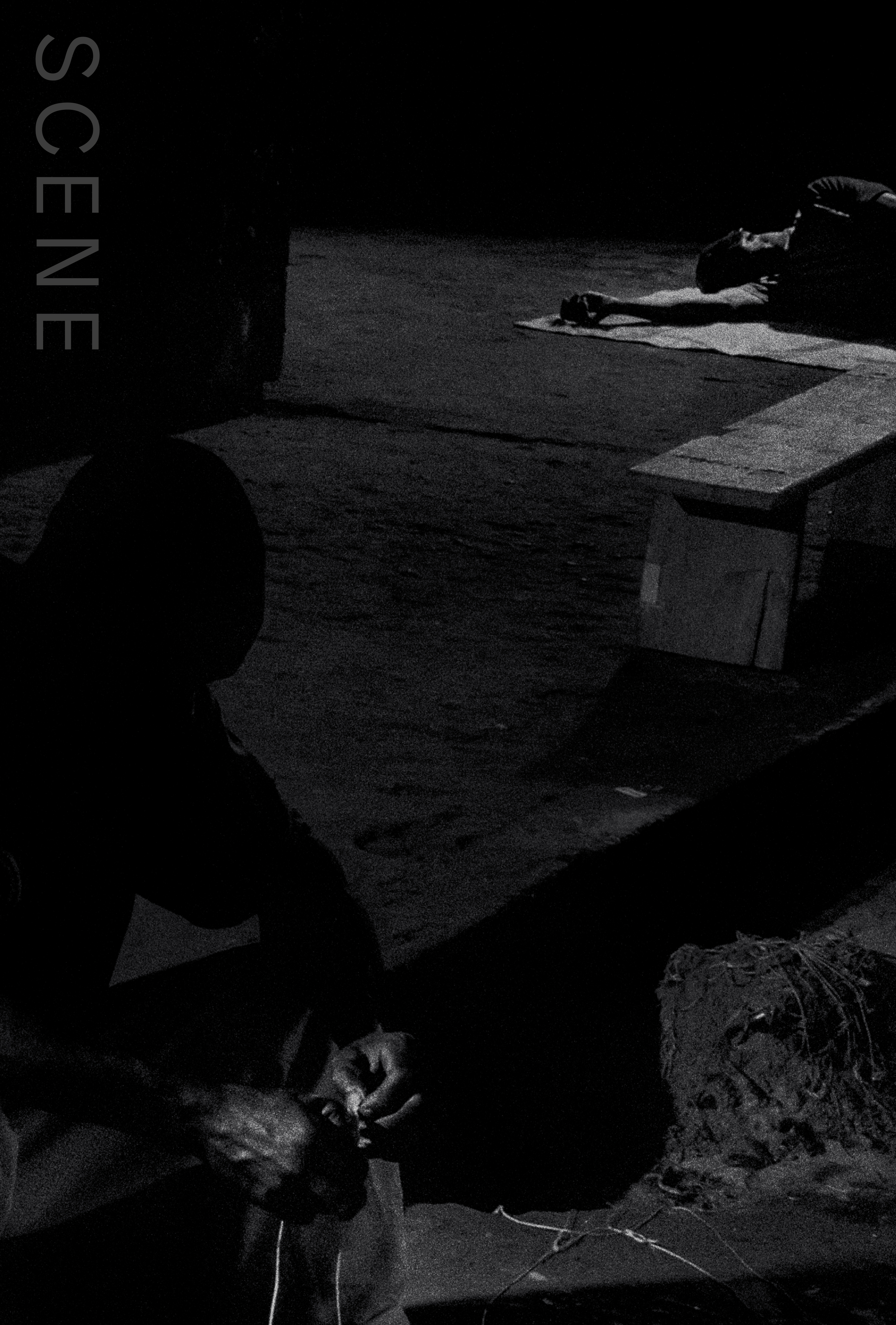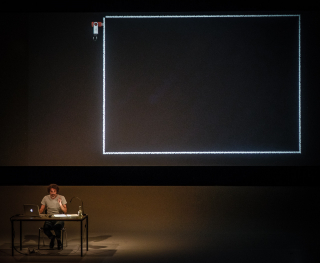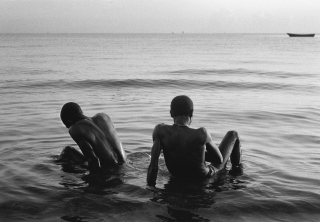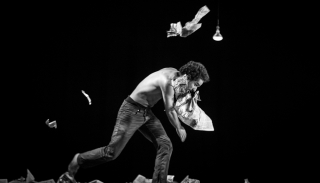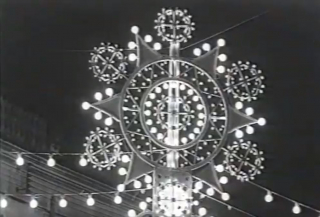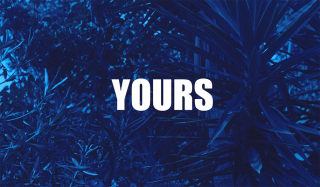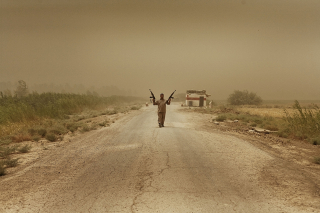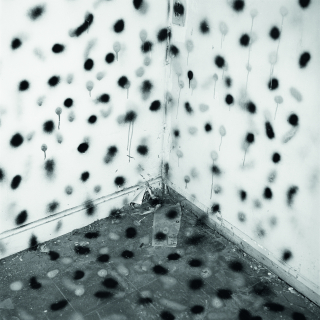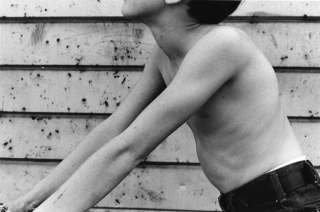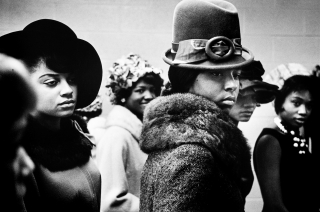Alex Majoli
Europe, Asia, Brazil, Congo. For eight years, across continents and countries, Alex Majoli has photographed events and non-events.
Political demonstrations, humanitarian emergencies and quiet moments of daily life. What holds all these disparate images together, at first glance at least, is the quality of light and the sense of human theatre. A sense that we are all actors attempting, failing and resisting the playing of parts that history and circumstance demand; and a sense that we are all interconnected. Somehow.
Majoli’s photographs result from his own performance. Entering a situation, he and his assistants slowly go about setting up a camera and lights. This activity is a kind of spectacle in itself, observed by those who may eventually be photographed. Majoli begins to shoot, offering no direction to people who happen to be in their own lives before his camera. This might last twenty minutes, or even an hour or more. Sometimes the people adjust their actions in anticipation of an image to come, refining their gestures in self-consciousness. Sometimes they are too preoccupied with the intensity of their own lives to even notice. Either way, the representation of drama and the drama of representation become one.
˝We must not derive realism as such from particular existing works, but we shall use every means, old and new, tried and untried, derived from art and derived from other sources, to render reality to men in a form they can master [...]. Our concept of realism must be wide and political, sovereign over all conventions.˝ — Bertolt Brecht
Most of Alex Majoli’s photographs were made during daylight, and he could have easily photographed his scenes with no additional illumination. Flash was not a matter of necessity; it was a choice, an interpretive, responsive choice. Alex Majoli uses very strong flash lighting. It is instantaneous and much brighter than daylight. It illuminates what is near but plunges the surroundings into darkness, or something resembling moonlight. Spaces appear as dimly lit stages and, regardless of the ambient light that exists, everything seems to be happening at the sunless end of the day.
Alex Majoli’s approach to image making constitutes a profound reflection upon the conditions of theatricality that are implicit in both photography and a world we have come to understand as something that is always potentially photographable. If the world is expecting to be photographed, it exists in a perpetual state of potential theatre. In photographs we do not see people, we see people who have fulfilled their potential to be photographed. People in photographs strike us as both actual and fictional at the same time. Actual in that their presence before the camera has been recorded; fictional in that the camera has created a scenic extract from an unknowable drama.
The illusionism of photography is inseparable from the contemplation of its illusion. This does not negate the documentary potential of the image although it does imply that documentary itself ought to accept the theatricality of its own premise. His images do this not by resolving the tensions between artwork and document but by dramatizing them, making them thinkable in the midst of our pictorial and documentary encounter with the contemporary world.
- David Campany
Alex Majoli – Scene | LE BAL |Du 22 février au 28 avril 2019, from LE BAL on Vimeo.
© Matthieu Samadet, sounds, music and video
Biography
For the exhibition, and within the context of the performance cycle Watch and Act, LE BAL offered a first invitation to six artists (choreographers, dancers and performers) to produce a work of art based on an image.
Writer, reviewer, and scholar Corinne Rondeau proposes two days of reflection on the theme ‘What is escaping from the light?’ March 14 and April 18 at 8PM.
Curators: David Campany and Diane Dufour
A book co-edited by LE BAL and MACK, ALEX MAJOLI- SCENE, is published on the occasion of the exhibition.
Exhibition organised in collaboration with the Ravenna Art Museum and Magnum Photos with the support of the Instituto italiano di cultura.
With the kind support of the Howard Greenberg Gallery.
Media partners: Art Press, France Culture, i-D Magazine, L’Œil de la Photographie, Polka Magazine, Slash/, Télérama
Share
Related
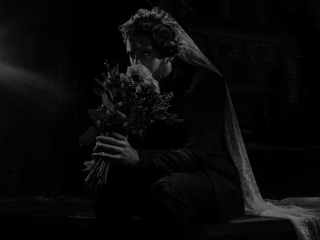
Watch & Act
Performance cycle around the exhibition
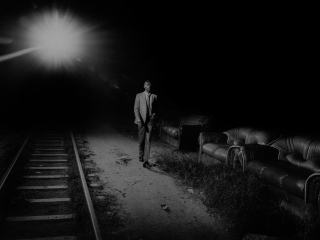
What is escaping from the light ?
Two days of reflection coordinated by Corinne Rondeau
